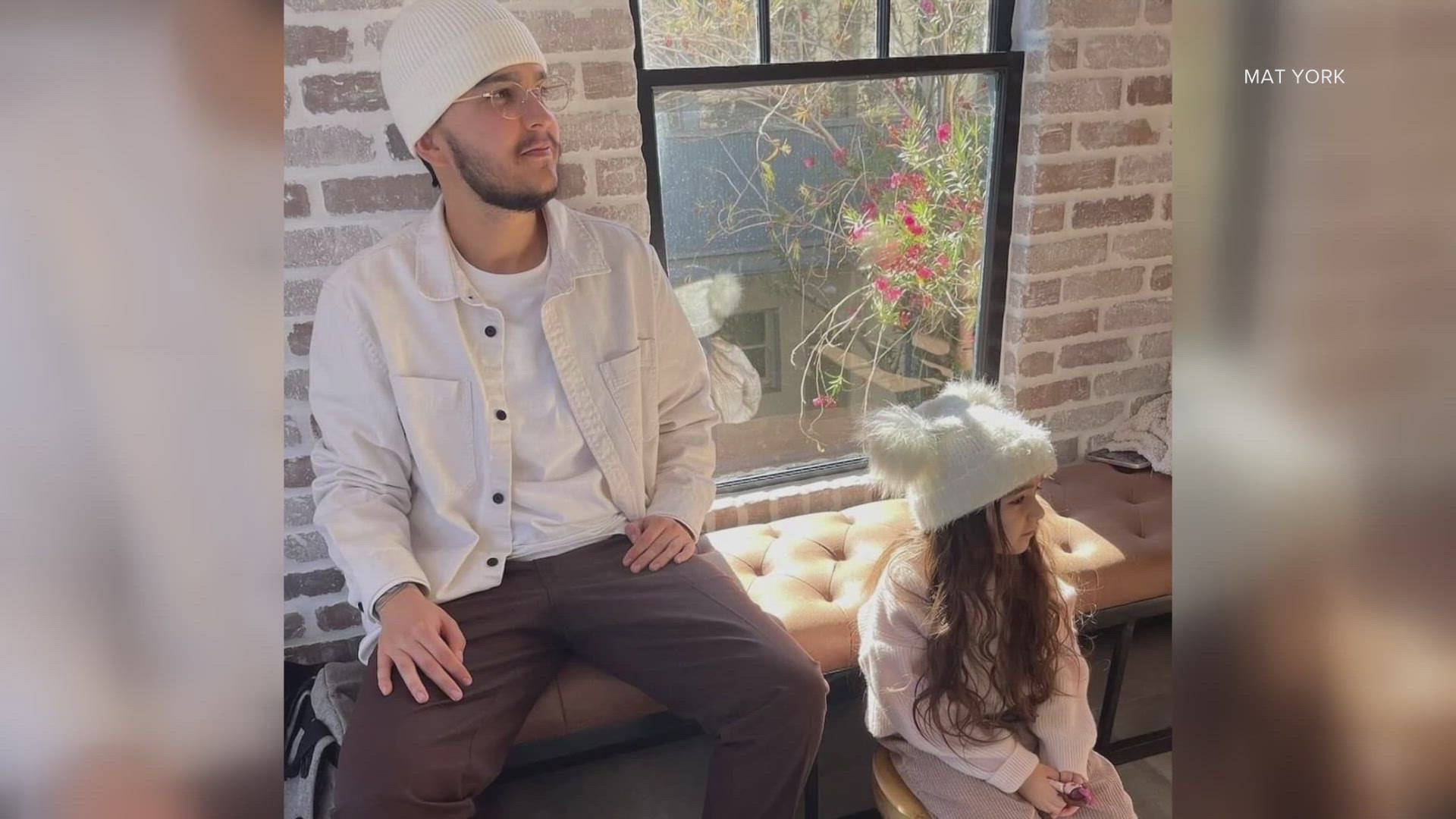NEW DELHI — Heavy rains paralyzed India, Bangladesh and Nepal for the second day Wednesday, as the worst monsoon in years has caused more 1,000 deaths.
In the western India city of Mumbai, many of its 20 million residents waded through waist-high water trying to get home from work after being stuck there overnight. Buses and trains were halted as roads became impassable.
India is used to regular flooding during monsoon season from June to September, especially in Mumbai, where millions live in shantytowns with poor drainage. Still, this year's floods are unusually severe. And now, the weather service is predicting continuing rain through the week.
Shikha Joshi, 32, a banker in Mumbai, had to spend the night inside a local train that was trapped because the railway tracks were under water.
“No one could move anywhere, so it was better to sit and let the time pass,” said Joshi, who fretted about her 12-year-old brother left home alone — until neighbors went to look after him.
Shivam Arora, 43, a trader in Mumbai, was luckier.
"I have taken the local train to work every day for the past 17 years and never have I seen the network be so adversely affected. It was a complete breakdown of the system," he said.
"Trains were canceled, stations were closed, places (to take shelter) were jammed, and the situation on the roads was catastrophic," he added. Thankfully, my Facebook feed was filled with people offering their homes as shelters. And I had to crash at my friend's place."
Schools were shut, offices closed early or remained shuttered as the city experienced power outages. People opened their doors to stranded residents and some took to the streets to distribute water and food.
PHOTOS: Monsoon in India
The staggering number of deaths in India and its neighbors occurred when the rains triggered landslides and destroyed thousands of houses, schools, hospitals and farmland, the United Nations said this week.
Over the past two days, Indian officials said at least five people, including two children, died because of the flooding in and around Mumbai. In the state of Bihar in eastern India — one of the worst areas affected — at least 400 have died.
Mahesh Yadav, 42, a farmer from the Araria district of Bihar, had to flee from his home as the nearby Koshi River rose.
“I took my family and few canisters of grains and beans on a boat before fleeing the house. Now, one cannot see my house anywhere. It has gone well under the water,” he said after taking refuge with his wife and two children in a makeshift shelter with about 200 other families.
“It is difficult to feed children even after successfully fleeing the flood," said his wife, Aarti Devi, 38. "Every other person is fighting for food.”
In other parts of India, especially remote villages, rescue workers are struggling to get to people left homeless or injured, but the continuous rains are delaying the work, according to police and residents.
Sunder Kumar, 53, a construction worker from the village Valmiki Nagar in the state of Bihar, said in a phone call that he is worried.
“We are living in a temporary shelter which is just a few feet from the floodwater. The situation will get worse if the water rises," he said. "Relief and rescue teams do not know this location, as it is far from their reach.”
King Edward Memorial Hospital in Mumbai and other medical centers were hit with flooding. Some wards were closed and supplies delayed as officials struggled to keep the dirty water out of the facility.
Bilal Bhat, 37, who runs a small shop in Srinagar, was trying to get his son to the doctor. “My son is sick for the last seven days, and the flood has crippled us to move anywhere,” he said. "Now I have to hire a boat to take my son to the hospital."
The forecast for more rain was terrible news for Mohammad Faizan, 33, a small-goods trader who had to flee his house in Uttar Pradesh’s Bahraich district after the area started filling with the floodwater.
“I could not take anything with me," he said. "I left my family at their grandfather’s home. I am living on the roof of my house, which is the only part left un-submerged, waiting for the water to pass.”
Most just hope the water goes away soon.
Poonam Kumari, 32, used to run a small clothing boutique at her house in Kishanganj in Bihar, but she lost her sewing machine in the flood. She's not sure how she will recover her business, much less manage the next few days.
“My 8-year-old son is suffering from a stomach infection because we had to live on the relief packets that several agencies distributed,” she said. "Even now I cannot provide him good food or treatment because I have no money. All I can wish for is the floodwater to go down very soon.”
Mohan reported from Varanasi, India.


